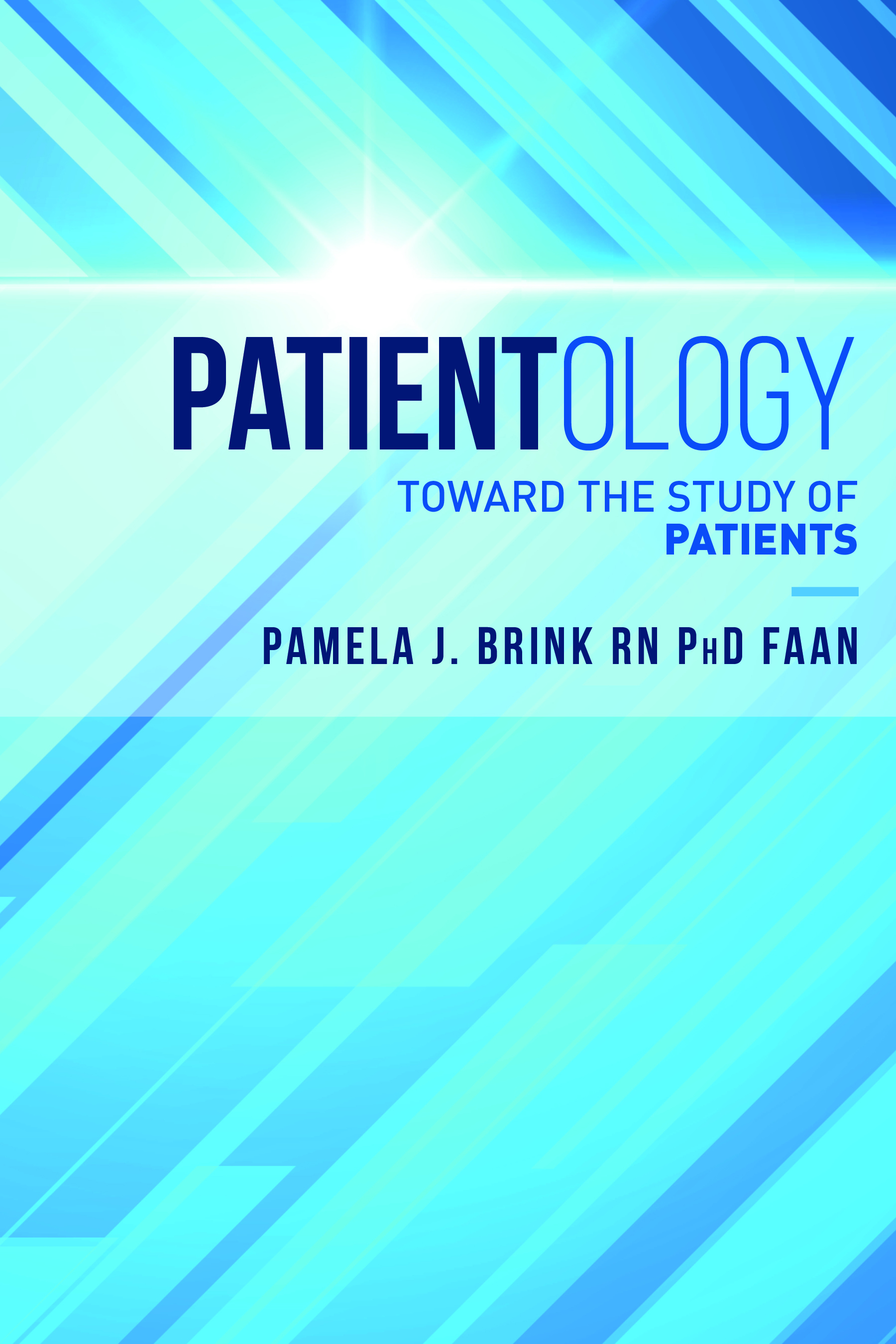Today’s rant is about clinical prescriptions for modifying other people’s behavior and habits – specifically the addictions, diet, and gambling.
I have conducted research on diets and dieting because I was obese and wanted to lose weight. Over the years, I tried several suggested weight loss strategies including the Kelly Brownell plan which is essentially the USDA Dietary Guidelines for Americans, Weight Watchers, weight loss programs conducted by nutritionists/dieticians at universities, Overeaters Anonymous, Pritikin, and last Protein Power. Only the last was successful. I lost 80 pounds and have kept most of it off with occasional slips.
When I read research designed to help people lose weight, I look for the diet the research subjects were given. I looked at the backgrounds of the researchers and who constituted the team. Was there a successful dieter on the team? Had any of the members of the research team been overweight themselves and struggled to lose unwanted pounds? For the most part, the researchers did not have a successful weight loser on the team. There was no personal motive for trying to find out what works and what doesn’t. Instead, the research focused upon calorie counting, exercise and a low fat, high carbohydrate diet. When the research subjects dropped out or were unsuccessful, it was the subjects fault, not the design of the study.
PBS once had a documentary on a hospital in New York for the treatment of the grossly obese. The type of diet was not specified. The emphasis was on not having food brought in by relatives and exercise. In-patients complained of the “tastelessness” of the food which indicated to me they were on a calorie restricted low-fat diet.
For the most part, dieting research is designed by people who believe in certain methods for weight loss but have never, themselves, been obese and tried the diet.
In 2007, JAMA published a breakthrough article comparing four different diet groups: 1) Low Carbohydrate, 2) Low fat/low calorie, 3) USDA Dietary Guidelines, and, 4) a diet of 40% carbohydrate, 30% fat and 30% protein. The research subjects were all overweight women in their forties. The research hypothesis favored the low-fat diet and the USDA Guidelines over the low carbohydrate and 40-30-30 programs. Subjects had all health parameters monitored over the course of the year. The results were not as predicted, the research team was flabbergasted, but they wrote up their findings and were published. I saw this as one of the most honest research designs on weight loss diets that had been published to date. The results essentially have been ignored by mainstream medicine and nutrition.
In the meantime, clinicians who were themselves struggling with their weight, and who had tried a variety of weight loss strategies with little success, stumbled upon a diet that worked for them. They wondered if the same diet would work for their patients who also had weight issues. To their surprise, the same diet worked for their patients. They tried publishing their findings in clinical journals but were rejected. So, they published their findings in book form, explaining the physiology of nutrition and why their diet worked on their obese patients. Many people, like me, who had tried all the mainstream diets without success, found these books, tried the diet and became successful dieters.
Other books followed, documenting the history of weight loss diets in different cultures, examining the published weight loss research studies and the political scene surrounding diet. The public ate it up, the medical community did not.
So, today, we continue to have federally funded weight loss and dietary research which tries to substantiate the USDA Guidelines for Americans. But the research and the researchers do not have any successful dieters on their research teams. Yet it is the obese who know about the successes and failures of weight loss, not those who have never suffered from being overweight.
Unless you have suffered from obesity, you have no vested interest in how to lose weight. Your goal is to obtain research funds, get published and get promoted; not to find out how to lose weight.
Research on dieting, gambling, smoking cessation, alcoholism and the addictions is best served by having people who suffer from these issues on the research team. Researchers and clinicians who have tried to establish programs for alcoholics, without alcoholics in the planning will not be as successful as Alcoholics Anonymous. “It takes one to know one.” Clinicians who have tried and failed have explained that they wanted to take God out of the program, but they had no alcoholics on their planning team, and the program failed. It would be an interesting research study to compare long terms success rates between in-patient rehabilitation programs that do not include AA principles and programs with those that do.
If research on the addictions and other obsessive/compulsive behaviors included sufferers on the research team, the results might be more beneficial. Only when research scientists become patient-centered will their research benefit the patient.



